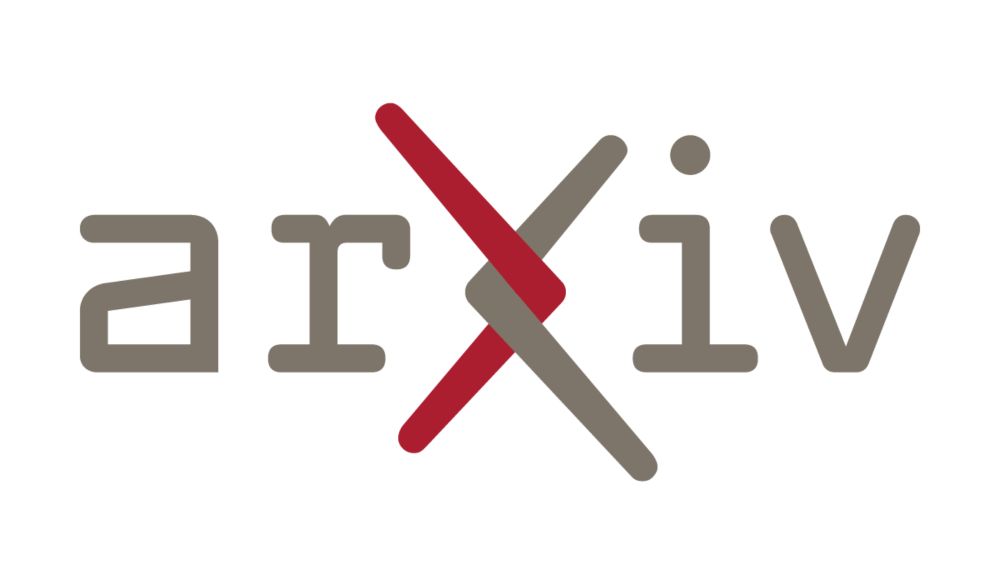Friday blogging: compiling Rust to C (yes) jonathan.protzenko.fr/2025/10/28/e...
31.10.2025 17:09 — 👍 2 🔁 1 💬 0 📌 0Jonathan Protzenko
@protz.bsky.social
I talk about Rust, verification, cryptography, programming languages… and pets
@protz.bsky.social
I talk about Rust, verification, cryptography, programming languages… and pets
Friday blogging: compiling Rust to C (yes) jonathan.protzenko.fr/2025/10/28/e...
31.10.2025 17:09 — 👍 2 🔁 1 💬 0 📌 0
Yes we would automate the generation of that "thin" layer. We have plenty of existing tooling to do so, we could use e.g. charon arxiv.org/abs/2410.18042 to inspect the function signatures, and generate the wrappers.
10.06.2025 20:19 — 👍 2 🔁 0 💬 0 📌 0If the proposal (forgot where the link is) to guarantee an extern "C" ABI for slices goes through, the wrapper will be greatly simplified.
10.06.2025 18:50 — 👍 1 🔁 0 💬 0 📌 0The plan is to go through the extern "C" ABI for the sake of i) FIPS certification and ii) being able to link against a system version of SymCrypt. This will involve a thin unsafe wrapper that re-exports the original Rust signatures to a Rust client through the C ABI.
10.06.2025 18:50 — 👍 2 🔁 0 💬 2 📌 0This is what I've been driving for the past year! It's an exciting time, with Rust making its way into one of the most critical pieces of software: the core crypto library used in Azure and Windows. With Rust, formal verification becomes easier, and so far, no blockers to Rust adoption.
10.06.2025 17:29 — 👍 66 🔁 14 💬 6 📌 2Friday blogging, about our journey replacing Python's built-in cryptography with verified code from HACL*. I'm very proud of this work: I wrote the first version in 2020, and along the way it had both research (ICFP paper) and industrial impact (Python).
jonathan.protzenko.fr/2025/04/18/p...
Very proud to announce that our original paper on Catala, presented at ICFP'21, received a SIGPLAN Research Highlight. Incredible surprise! Only four papers received this award for the 2021-2023 period. Congratulations @denismerigoux.bsky.social
24.02.2025 22:00 — 👍 15 🔁 4 💬 2 📌 0